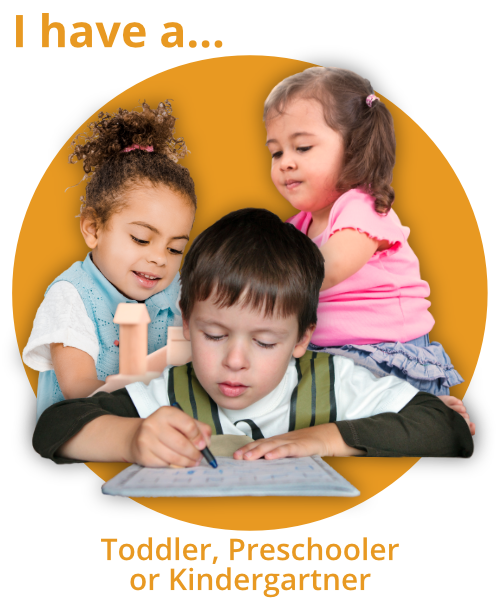Skip the Kid Calendar and Lean In to Heart-Centered Time
24 hours in a day.
7 days in a week.
52 weeks in a year.
18 years in a "childhood".
Add another 6 to 10 to become a fully formed adult being.
As adults, we are comforted by these facts, beholden to them, and bound by them - sometimes uncomfortably so. And we want our children to understand the concept of time as we understand and live by it ourselves.
We give them visual schedules, child friendly calendars, set timers, and try to teach them how to tell how time with analog clocks. We reasonably want them to understand that tomorrow is the day the grandma comes but not until next week is the annual family BBQ.
Our children walk through life sometimes frustrated and bewildered as we respond, in their view, so often arbitrariliy. At 7:30am we eat breakfast, 11:00ish we lunch, and it isn't time for dinner yet, honey - we have another few hours to go. The child setting the table "too early" is rightfully offended!
On the playground, how often do I hear these words: "You can play for 5 more minutes, ok?" The tears come anyway, no matter how many more "5 minute warnings" are given.
We think to ourselves, it would just be so much simpler if they could understand how long it takes to load the car and drive home. That five minutes is meaningful to us. It's just that it's completely meaningless to a child.
Today, I'd like for you to put aside your planner for a moment and imagine what time feels like to your child. Imagine a day that starts with the sun rising and ends with night falling with no schedules in between, just inclinations to move one's energy in a certain way.
If you're among one of the many, many parents who are trying to teach the concept of time to your two or three or four-year-old - or even if you are proud that your young child has mastered "telling time" through practice, I have to tell you this.
The concept of time as you know it is inherently inaccessible to children.
In toddlerhood, just knowing that there is a past and a present and a future is enough. We don't need to practice this concept in any formal way either - just having natural conversations about what happened yesterday, what we might do today and what may happen tomorrow is enough.
In the preschool years, clocks are fascinating mathematically, and so, for that matter, are reglular calendars. We can count the seconds and the minutes. We can model for them how we notice the hour and then count by fives to get to the minute hand.
We don't need to drill them until they can tell time and point to it constantly. It won't make them get dressed and get in the car any faster, and nor will it make them brush their teeth.
It seems like your elementary child should be able to manage their time, but guess what? The concept of time is still fuzzy at this age! Hours pass without much awareness, and to-do lists are great, but the schedule flops without an adult intervening and reminding (often!).
Teenagers are more capable, but yet again, are our expectations in check? Maria Montessori believed that teens should get a big break from pressure, from schedules, and from all academics in order to connect more with purposeful, hands-on work in the real world.
This would give their bodies time to process all of the turbulence that comes with the immense physical growth and the heightened emotions. This is obviously not a time of life to expect time management to be in full swing either!
Come to think of it, maybe we are a bit too tied to the concept of time ourselves as adults.
When was the last time you lost track and played for hours as the sun went down?
If you can't remember, it's been way too long and you need to reconnect with your childlike self - the one who doesn't care about the clock says and follows her heart instead.


